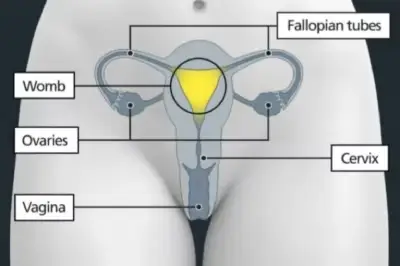Womb cancer is a cancer that affects the womb (uterus). The womb (uterus) is a pear-shaped organ where a baby is carried during pregnancy. It is situated low in the pelvis and supported by the pelvic floor muscles.

Most womb cancers start in glandular cells found in the lining of the womb, called the endometrium. Those cancers are called endometrial cancers.
Endometrial cancer is usually diagnosed early and treated successfully.
The most common symptom of womb cancer is abnormal bleeding from the vagina. This could be, for instance:
- bleeding after the menopause
- bleeding between periods
- heavier periods than usual
- a bloody or pink and watery vaginal discharge
Less common symptoms include:
- pain or discomfort in the pelvic area
- pain during sex
Treatment for womb cancer at CUH
The treatment you have depends on several factors, which include:
- the type and size of the cancer
- the stage of the cancer
- your general health
- whether the cancer has begun to spread
- whether you want to get pregnant in future
A team of specialists at CUH will meet to discuss your condition and to make a recommendation about the best possible treatment for you.
You, along with your clinician, will then discuss your treatment recommendations at the clinic appointment and decide on the right treatment plan for you. Your clinician will explain the different treatments and their side effects.
The main treatment for womb cancer is a surgery to remove the womb, cervix, fallopian tubes and ovaries. This sometimes is the only treatment needed to cure the cancer. At times however, you may require more than one treatment or a combination of different treatments, depending on the stage and grade of the cancer. This is to give the best chance of long-term cure and to help reduce the risk of the cancer coming back.
The types of treatment you may have include:
- surgery
- radiotherapy
- chemotherapy
- hormonal therapy
- targeted therapy
- immunotherapy
- clinical trials

